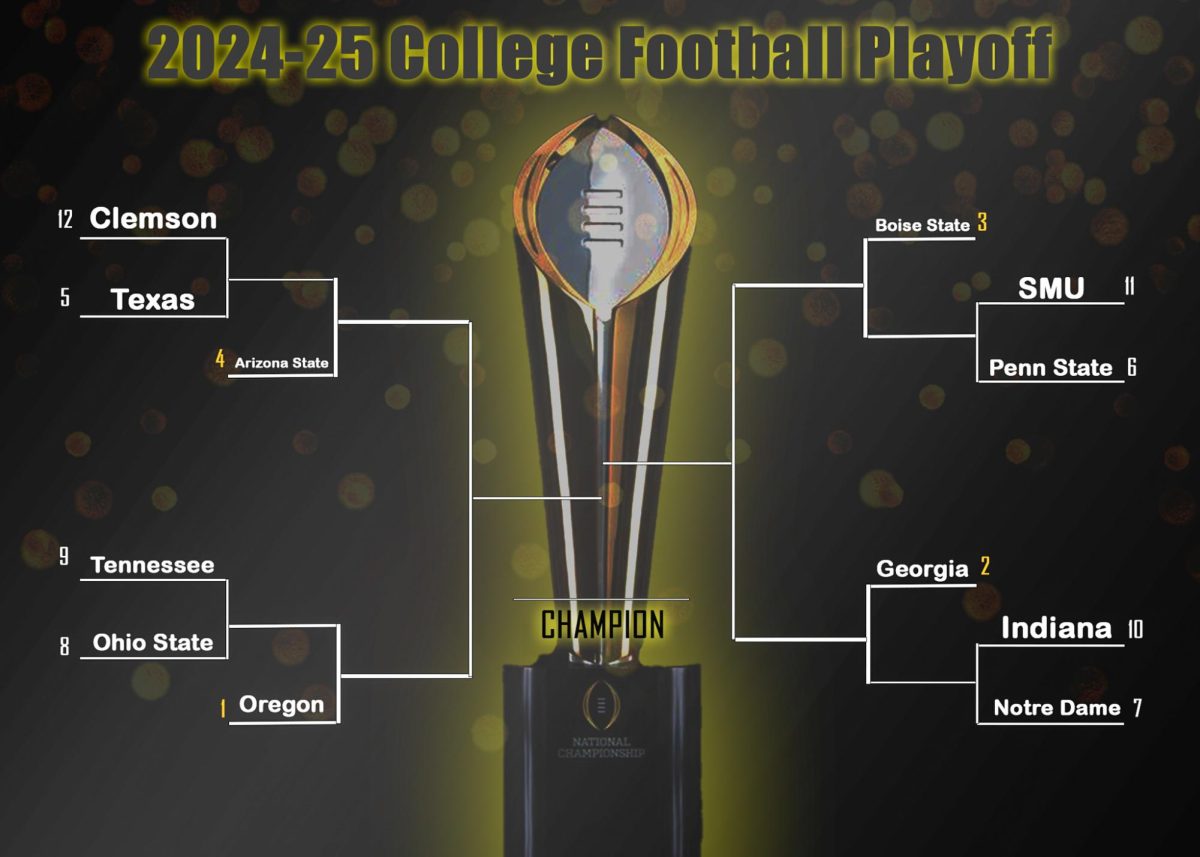American River College students are adults who can make the conscious choice to attend classes on campus, but making the choice to abstain from drinking alcohol or using illicit drugs to supposedly de-stress is a better and smarter decision to increase test scores and actually learn useful material from classes.
It is common for students to be nervous about passing courses and walking away with as high a grade point average as possible, but using drugs or alcohol should not be something that is even considered.
Marijuana use and the push for its legalization across the country is gaining momentum, but a group of its biggest supporters (college students, of course) don’t even realize just how detrimental the drug really is.
According to a report released by the University of Maryland School of Public Health in May 2013, marijuana use by college students contributed to them “skipping more classes, spending less time studying, earning lower grades, dropping out of college, and being unemployed after college.”
The study followed 1,200 college freshmen over a 10-year period, and truly blew the lid on the idea that marijuana use is innocent. Even users who only smoked only twice a month were 66 percent more likely to be infrequently enrolled in college courses than students who did not smoke at all.
If the myth of pot not harming a college student’s academic success can be expelled, what about alcohol?
The dangers of alcohol consumption amongst the college population are far from unknown, and binge drinking continues to be a factor in many students’ college experience.
Results of a national survey compiled in 2011 by the National Survey on Drug Use and Health found that 40 percent of of young adults aged 18-25 binge on alcohol at least once a month.
Nothing beneficial comes from binge drinking, which is defined as a male consuming five or more alcoholic drinks in two hours or a female consuming four or more drinks in the same amount of time.
Missing classes and falling behind on academic performance become a habitual habit for college students who find themselves drowning in an alcohol problem they are either unwilling, or too ignorant, to admit they have.
Other recreational drugs like ecstasy and cocaine, which find their use circulate amongst the college population of the nation, are many times cut with other dangerous chemicals that users aren’t even aware of, like methamphetamine and even bath salts.
Yes, baths salts – a drug that can cause people to think they’re an extra on an episode of the Walking Dead.
These alarming numbers and trends paint a broader picture of just what the reality is regarding drinking and drug use in college. It’s a no-brainer to avoid both altogether.
A weekend night out that can end up regrettably waking up next to a stranger or resulting in a misery-inducing hangover is an outright ridiculous proposition for any college student to entertain.
Stopping the excessive use of anything that is harmful to your body ensures an increased chance for college success.
Alternative activities like exercise, yoga, meditation, and nature-walks have been scientifically proven to reduce stress levels and ease anxiety, and they won’t cost a student their academic future or potentially land them behind bars.
A college environment is meant to foster knowledge and education, not become a social-status ladder that encourages reckless drug use and behavior.
Students are adults, and as such must take the time to really evaluate their life situations and choose more constructive behaviors to tackle hurdles they may come across.
Students have brains, and it’s time to acknowledge that this culture of wasting them to substance use has got to go.














